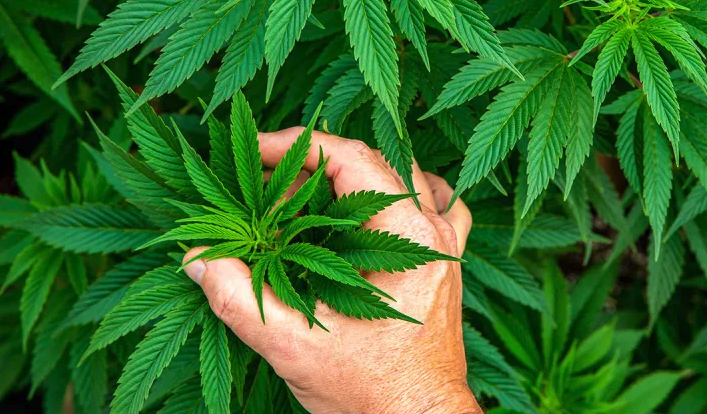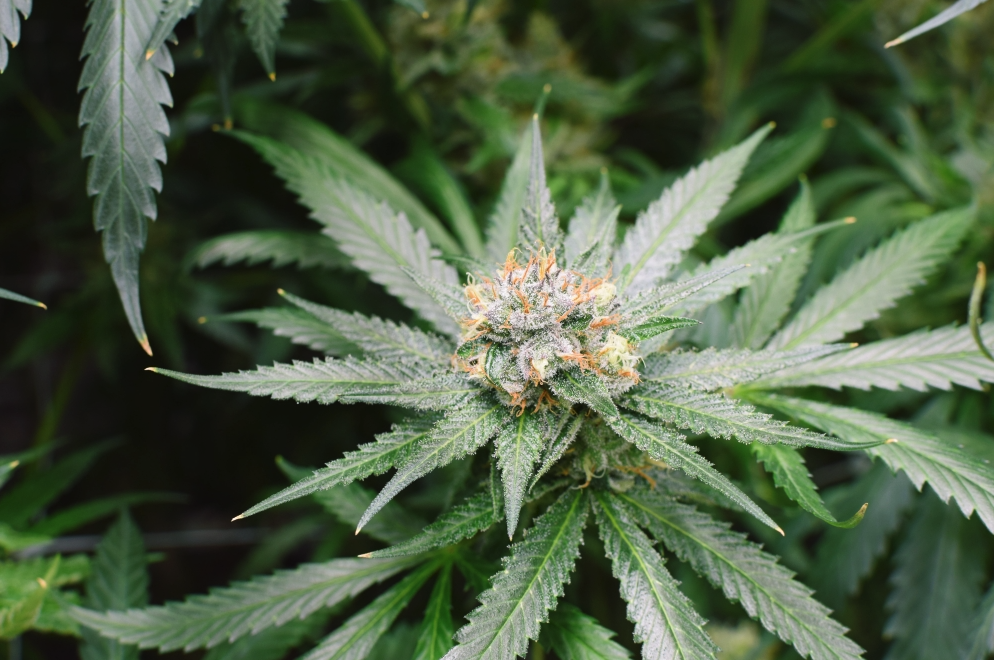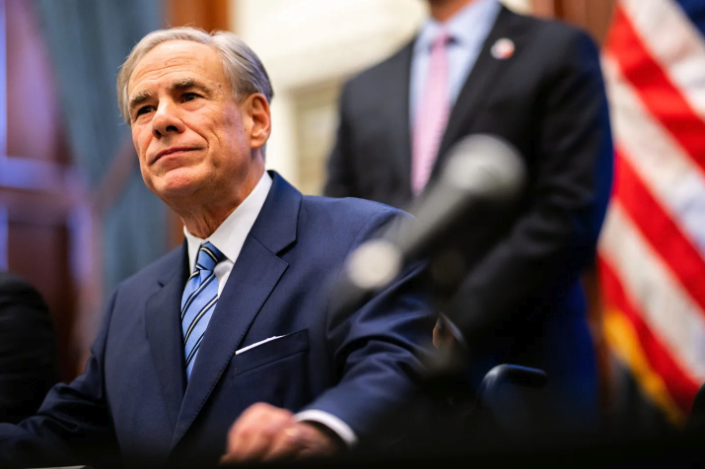House committee passes bill to ban Hemp-Derived THC products nationwide

Washington, D.C. – A House Appropriations Subcommittee has advanced a controversial bill that could reshape the hemp industry by banning most consumable cannabinoid products containing THC or similar intoxicating compounds.
The legislation, spearheaded by Rep. Andy Harris (R-MD), aims to close what supporters call a “hemp loophole” created by the 2018 Farm Bill, which legalized hemp production but inadvertently allowed unregulated intoxicating products to flood the market.

Bill Targets Delta-8, THC-O, and Smokable Hemp
The proposed bill, part of the Fiscal Year 2026 Agriculture, Rural Development, Food and Drug Administration, and Related Agencies spending bill, would redefine hemp under federal law.
It seeks to prohibit products with any “quantifiable” amount of THC or cannabinoids with similar intoxicating effects.
This broad definition targets a wide range of products, including Delta-8 THC, THC-O, and smokable hemp flower, which have gained popularity in recent years.
The measure, which allocates $25.523 billion for various programs, passed through the Subcommittee on Agriculture, Rural Development, Food and Drug Administration, and Related Agencies.
It is now advancing through the full appropriations process, as outlined in the committee’s press release.
If enacted, it would mark the most significant federal restriction on hemp since its legalization in 2018.
The bill redefines hemp to exclude novel cannabinoids like Delta-8 and Delta-10 THC synthesized outside the plant.
It also introduces a new definition for hemp-derived cannabinoid products with quantifiable amounts of THC, THCA, or other cannabinoids with similar effects, as determined by the Secretary of Health and Human Services in consultation with the Secretary of Agriculture.
An exception is made for FDA-approved drugs like Epidiolex, but most consumable hemp products would face prohibition.
| Bill Details | Information |
|---|---|
| Bill Name | Fiscal Year 2026 Agriculture, Rural Development, FDA, and Related Agencies Bill |
| Proposed By | Rep. Andy Harris (R-MD), Subcommittee Chair |
| Budget Amount | $25.523 billion |
| Hemp Redefinition | Excludes products with “quantifiable” THC or similar intoxicating cannabinoids |
| Targeted Products | Delta-8 THC, THC-O, smokable hemp flower |
| Legal Context | Most significant hemp restriction since 2018 Farm Bill |
Support and Opposition
The bill has sparked intense debate, with stakeholders on both sides voicing strong opinions.
Supporters: Groups like Smart Approaches to Marijuana have cheered the legislation, calling it a “huge win for families, kids, and public health.”
Rep. Harris, the bill’s key proponent, stated that it “supports the Trump Administration and mandate of the American people by…closing the hemp loophole that has resulted in the proliferation of unregulated intoxicating hemp products, including Delta-8 and hemp flower, being sold online and in gas stations across the country.”
Opponents: The hemp industry has rallied against the bill, warning of its devastating impact.
Jonathan Miller, general counsel for the U.S. Hemp Roundtable, described it as a “farmer-crushing, job-killing hemp ban” that would “ban the vast majority of hemp products in the marketplace.”
He called it a “dire emergency” for farmers, businesses, and consumers. The U.S. Hemp Roundtable has mobilized against similar proposals in the past, including a failed amendment by Rep. Mary Miller (R-IL) in 2024.
The alcohol industry has also expressed concerns, urging Congress to regulate intoxicating hemp-derived products like cannabinoid-infused beverages.
A Bloomberg Intelligence report highlighted cannabis as a “significant threat” to the alcohol market, noting that consumers are increasingly substituting cannabis for beer and wine.
In November, a beer industry trade group pushed for tighter regulations and higher taxes on cannabis products.

Potential Impact on the Industry
If passed, the bill could upend the hemp industry, which has grown rapidly since the 2018 Farm Bill.
Products like CBD oils, Delta-8 edibles, and smokable hemp flower have become a multi-billion-dollar market, supporting tens of thousands of jobs.
However, the bill’s broad language could prohibit even non-intoxicating CBD products with trace THC, currently legal if below 0.3% by dry weight.
Critics warn that the ban could drive consumers to unregulated black markets, where more potent and dangerous products might be available.
Rep. Ken King (R-TX), who opposed a similar state-level ban, compared the approach to the failed alcohol prohibition of the 1920s, warning of potential increases in bootlegging and organized crime.
He noted that hemp products are federally legal and can be mailed directly to consumers, making state or federal bans less effective.
Proponents argue that the bill is necessary to protect public health and ensure proper regulation.
They point to the lack of oversight in the current market, where products like Delta-8 THC are sold without clear labeling or age restrictions, often in gas stations and online.
Next Steps in the Legislative Process
The bill is embedded in a must-pass appropriations measure, increasing its chances of advancing.
It must now clear the full House Appropriations Committee, pass a House floor vote, and gain Senate approval before reaching the President’s desk.
The bill summary outlines funding for rural broadband, food stamps, and federal food inspectors, alongside the hemp restrictions.
Opposition from industry groups and lawmakers who support hemp legalization could pose challenges.
A similar amendment proposed by Rep. Mary Miller (R-IL) last year failed to gain traction, suggesting that the current bill may face resistance in the Senate or during negotiations.

Background: The 2018 Farm Bill and the “Hemp Loophole”
The 2018 Farm Bill legalized hemp production, defining hemp as cannabis with less than 0.3% THC by dry weight.
This was intended to expand agricultural opportunities and allow non-intoxicating products like CBD oils.
However, critics argue it created a “loophole” that enabled the sale of intoxicating products like Delta-8 THC, which mimics marijuana’s effects.
The current bill seeks to close this loophole by redefining hemp to exclude products with any “quantifiable” THC or similar cannabinoids.
It maintains legal status for industrial hemp used for fiber, whole grain, oil, cake, nut, hull, microgreens, or other non-intoxicating edible hemp products.
However, the vague definition of “quantifiable” THC has raised concerns about overreach, potentially affecting even compliant CBD products.
Broader Implications
The bill’s advancement comes amid a broader crackdown on hemp-derived products.
States like Texas, California, and Florida have moved to restrict or ban intoxicating cannabinoids. In Texas, a recent bill banning all THC consumables awaits Gov. Greg Abbott’s signature, threatening an $8 billion industry with 50,000 jobs.
Similar measures in other states reflect growing concerns about unregulated hemp products.
At the federal level, the bill’s proponents argue it creates a consistent regulatory framework to protect consumers.
Opponents, however, warn that it could stifle innovation, destroy jobs, and limit access to beneficial products.
As the legislative process unfolds, the hemp industry remains on edge, bracing for a potential seismic shift in federal policy.













